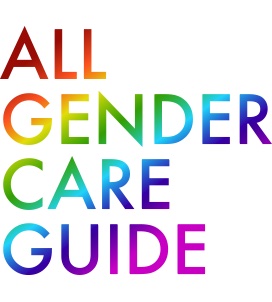Miles Ruttinger, LMFT
Email Address
maveryellisroot@milesruttinger.com
First Name
Miles
Last Name
Ruttinger
Pronouns
He/They
Identities
Trans Masculine/White Ally
Company
Nor Cal Rural Therapy, An LPCC Corp.
Office Address
Online
Work Phone
(707) 278-6658
Experience
Familiar with trans culture and information but not an expert, Significant personal experience, Specializing in working with gender expansive/transgender people, significant professional training, write letters of recommendation for surgery, can help guide a person through social and medical transition
Population served
Individuals, Couples
Biographical Info
Miles Ruttinger is a trauma-informed therapist who creates a safe space where clients don't need to educate their therapist about sexuality, open relationships, polyamory, BDSM, body size, disability, chronic health issues, experiences of oppression, or racism. As a queer, transgender, and nonbinary individual with personal trauma experience, he collaborates with clients on gender identity/transition, self-esteem, domestic violence, trauma, coping with the neurotypical world, depression, anxiety, and spiritual exploration. They have specialized training in EMDR and the Neuro-Affective Relational Model to support trauma processing, bringing a non-judgmental, humorous approach to therapy. He also utilizes Emotionally Focused Therapy, Somatic Mindfulness therapy, and Spiritually-Focused Therapy to provide comprehensive support to clients.
Miles does take insurance and also offers private pay therapy services with sliding scale options. Full fees are $200 for 50-60 minute sessions and $300 for 90-minute sessions (recommended for couples or polycules). Specialized services include Autism and ADHD formal assessment with full report ($1800), diagnostic consultation ($900), work accommodation letters ($450), and gender-affirming medical care letters (free or included in regular therapy fees
Insurance Accepted
Other (see bio)
Languages Spoken
English
Mobility Accessible Office
No
Therapy Location
Telehealth
Sliding Scale Fees
Yes

